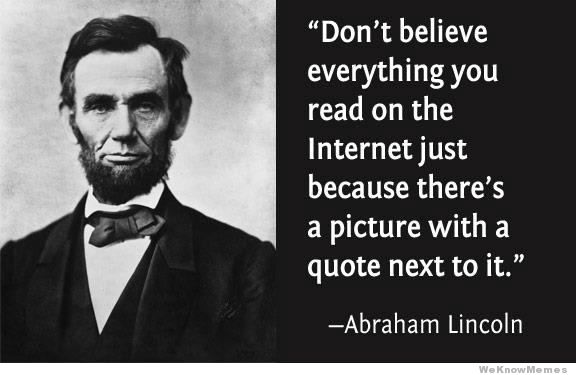8 Ways to Determine a Hoax on Facebook
Oct 20, 2016 • Joseph Nacino

Oct 20, 2016 • Joseph Nacino
By Joseph F. Nacino
We’re constantly processing a lot of information from our Facebook feeds, but you need to be vigilant that the hoaxes don’t get past you.
In today’s Internet Age, memes and hoaxes are unavoidable. Like a seasonal flu or cold, memes take hold in people’s minds every now and then. It even affects those who you wouldn’t think of being gullible in the first place.
Hoaxes are the worse types of memes, spreading through social platforms like Facebook like a zombie virus. Despite repeated admonitions and fact-check articles from well-established and respected news sources, people still believe these hoaxes. Case in point is the supposed Facebook policy that would allow the social media giant to own all content posted on their platform.
So how would you know if something is real or a hoax on Facebook? Here are eight ways to keep yourself from being suckered in by bad information:
If you read something that’s sensational on Facebook, confirm it first. Check news sites if they’ve reported this. Look up anti-scam and fact-checking websites if they have information about it. Certify if the FB page where you got your news is the real thing.
It’s easier to believe something that was said if you think it came from an authority or a real person. But who was the cited authority and why did he/she say it? If it seems to be a particularly stupid thing to say, all the more is it necessary to verify whether the person in question really said it.
The Internet is here to help you with online tools to be vigilant. You can now fact-check particular news items on Google’s search engine. You can also use Google’s Reverse Image search to see where a particular meme came from.
Pages: 1 2
Input your search keywords and press Enter.
